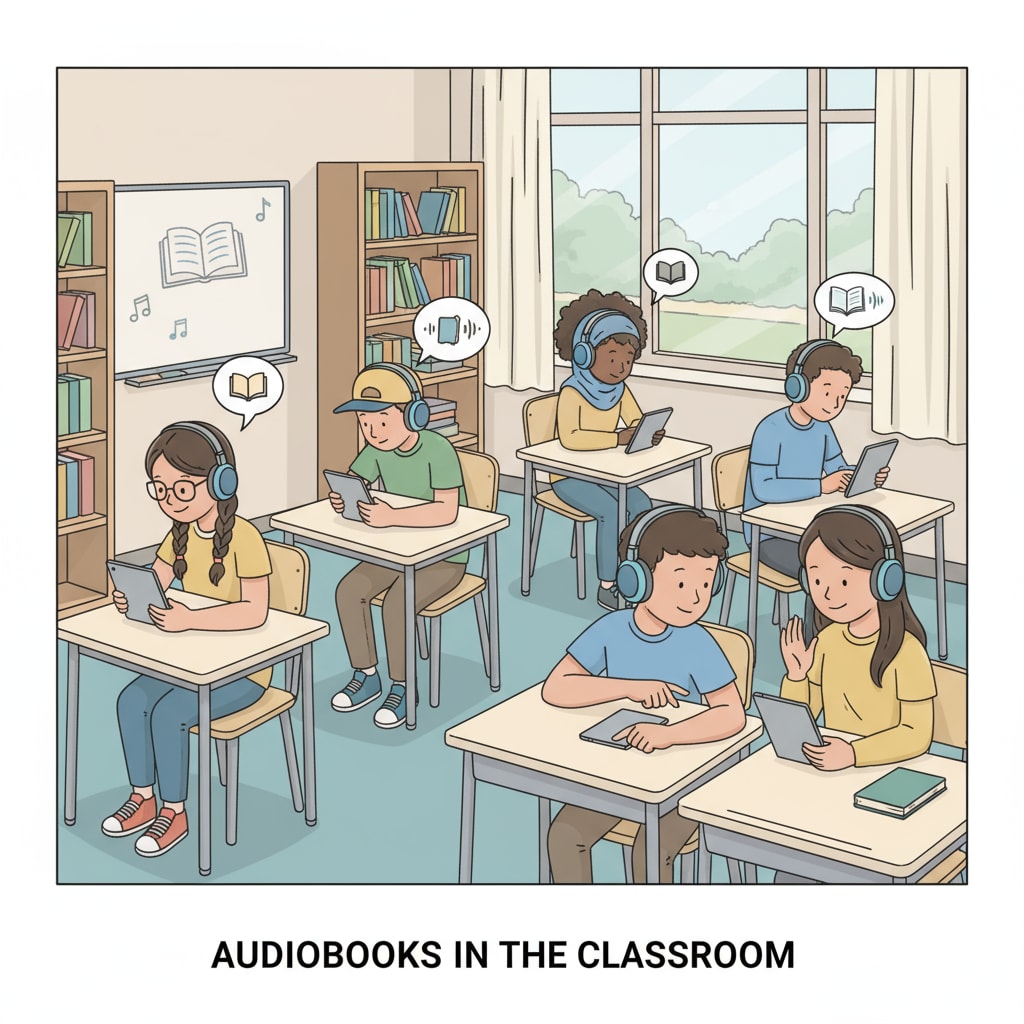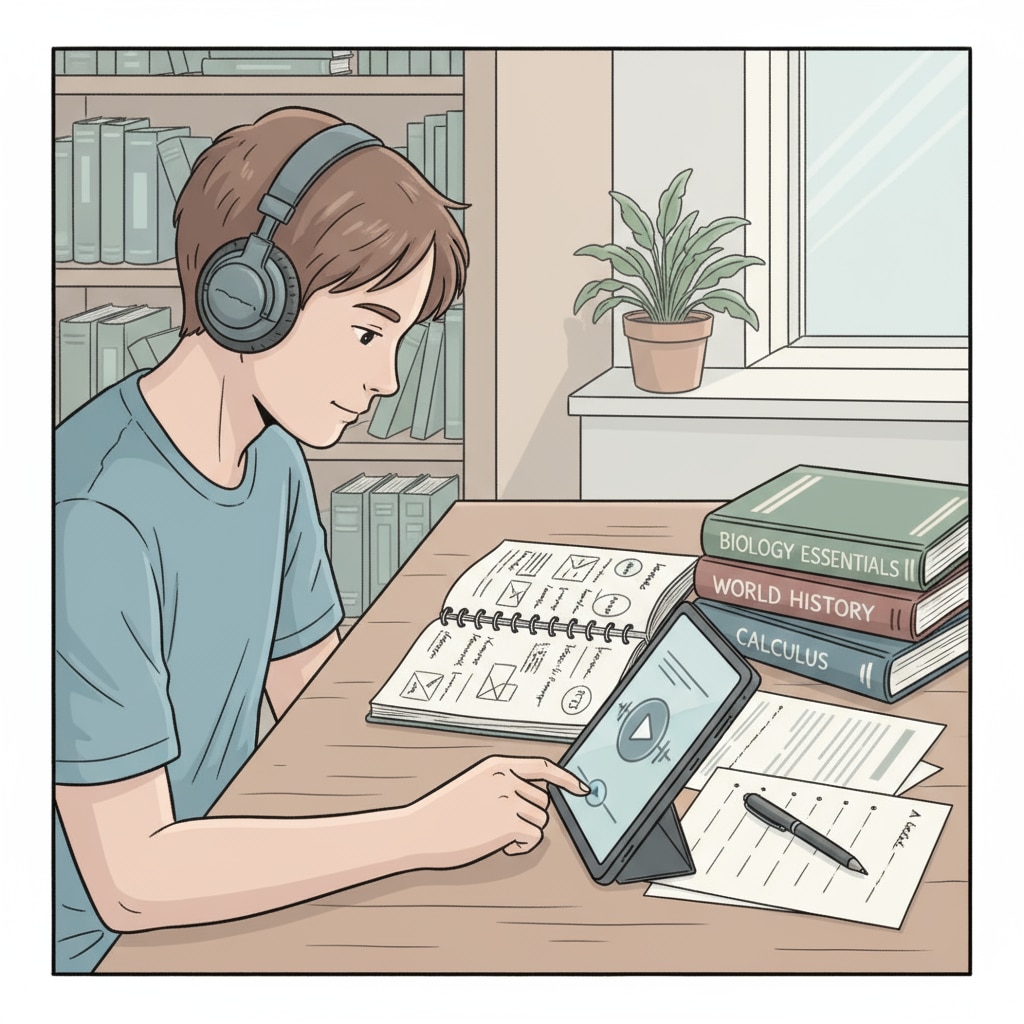In the realm of language arts teaching, the rise of audiobooks has sparked a significant debate regarding their impact on middle school students’ reading abilities. As technology continues to evolve, the use of audiobooks as a reading alternative in educational settings, particularly in 8th-grade language art courses, has become a topic of great interest.

This article aims to delve into the potential effects of this trend and the implications it holds for students’ reading development.
The Growing Popularity of Audiobooks in Education
Audiobooks have witnessed a remarkable surge in popularity in recent years, and their integration into the educational landscape is no exception. With the convenience of digital devices, students can now access a vast library of audiobooks at their fingertips. This accessibility has made audiobooks an attractive option for educators looking to diversify their teaching methods. For example, in language arts classes, teachers may use audiobooks to engage students who struggle with traditional reading materials. According to Education.com, audiobooks can enhance comprehension and vocabulary development, as students can listen to the text while following along. Additionally, they can provide a different learning experience for students with various learning styles.

The Potential Drawbacks for Middle School Students’ Reading Abilities
However, while audiobooks offer certain advantages, there are also potential drawbacks that educators and parents need to be aware of. One of the main concerns is the impact on students’ reading fluency and phonics skills. Reading is a complex process that involves decoding words, understanding syntax, and making meaning. When students rely solely on audiobooks, they may miss out on the opportunity to practice these essential skills. For instance, sounding out words and recognizing patterns in written language is crucial for developing reading fluency. Without this hands-on practice, students may struggle to read independently and efficiently. As stated by Reading Rockets, reading aloud helps students develop phonemic awareness and improves their overall reading ability.
Another concern is the potential lack of engagement and concentration. Listening to an audiobook requires a different level of focus compared to reading a physical book. Students may be more prone to distractions, such as background noise or multitasking. This can lead to a shallow understanding of the text and hinder their ability to analyze and interpret complex ideas. In addition, the passive nature of listening to an audiobook may not encourage students to think critically or actively engage with the material.
Readability guidance: By highlighting the potential drawbacks, we can see that while audiobooks have their place in education, it’s essential to ensure that students also have ample opportunities for traditional reading. This balance is crucial for the development of their reading abilities.
In conclusion, the use of audiobooks as a reading alternative in middle school language arts teaching has both advantages and disadvantages. While they can provide access to literature and enhance certain aspects of learning, educators must be vigilant in addressing the potential negative impacts on students’ reading abilities. By finding a balance between technology-assisted learning and traditional reading instruction, we can help students develop the strong reading skills they need to succeed in school and in life. The integration of audiobooks should be seen as a supplement rather than a replacement for traditional reading, ensuring that students receive a well-rounded education in language arts.


